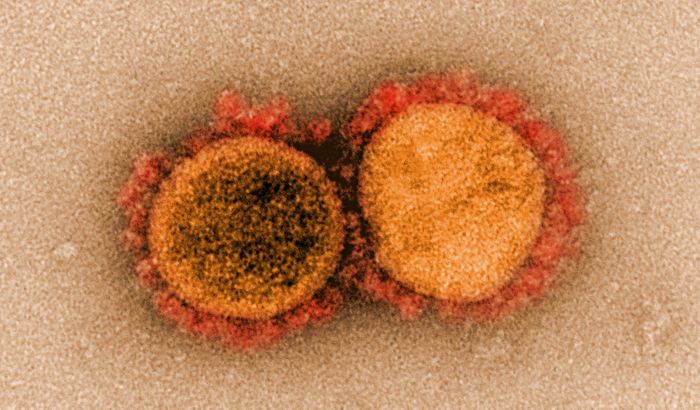WITHOUT GENETIC MUTATIONS, there would be no humans. There wouldn’t be any living beings at all—no mammals, insects, or plants, not even bacteria. These tiny errors, which can happen at random each time a cell or virus copies itself, provide the raw materials for evolution to take place. Mutations create variation in a population, which allows natural selection to amplify the traits that help creatures thrive—stretching a giraffe’s long neck to reach high leaves, or camouflaging caterpillars like poop to evade birds’ notice.
Amid a pandemic, however, the word “mutation” strikes a more ominous note. Viruses, though not technically alive, also mutate and evolve as they infect a hosts’ cells and replicate. The resulting tweaks to the virus’s genetic code could help it more readily hop between humans or evade the defenses of the immune system. Three such mutants of the virus SARS-CoV-2 have prompted experts to advocate for redoubled efforts to curb the coronavirus’s spread. To read the full story.

